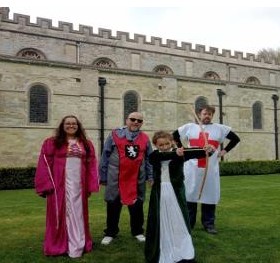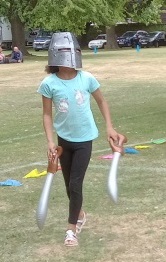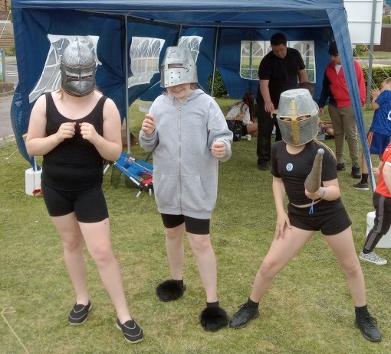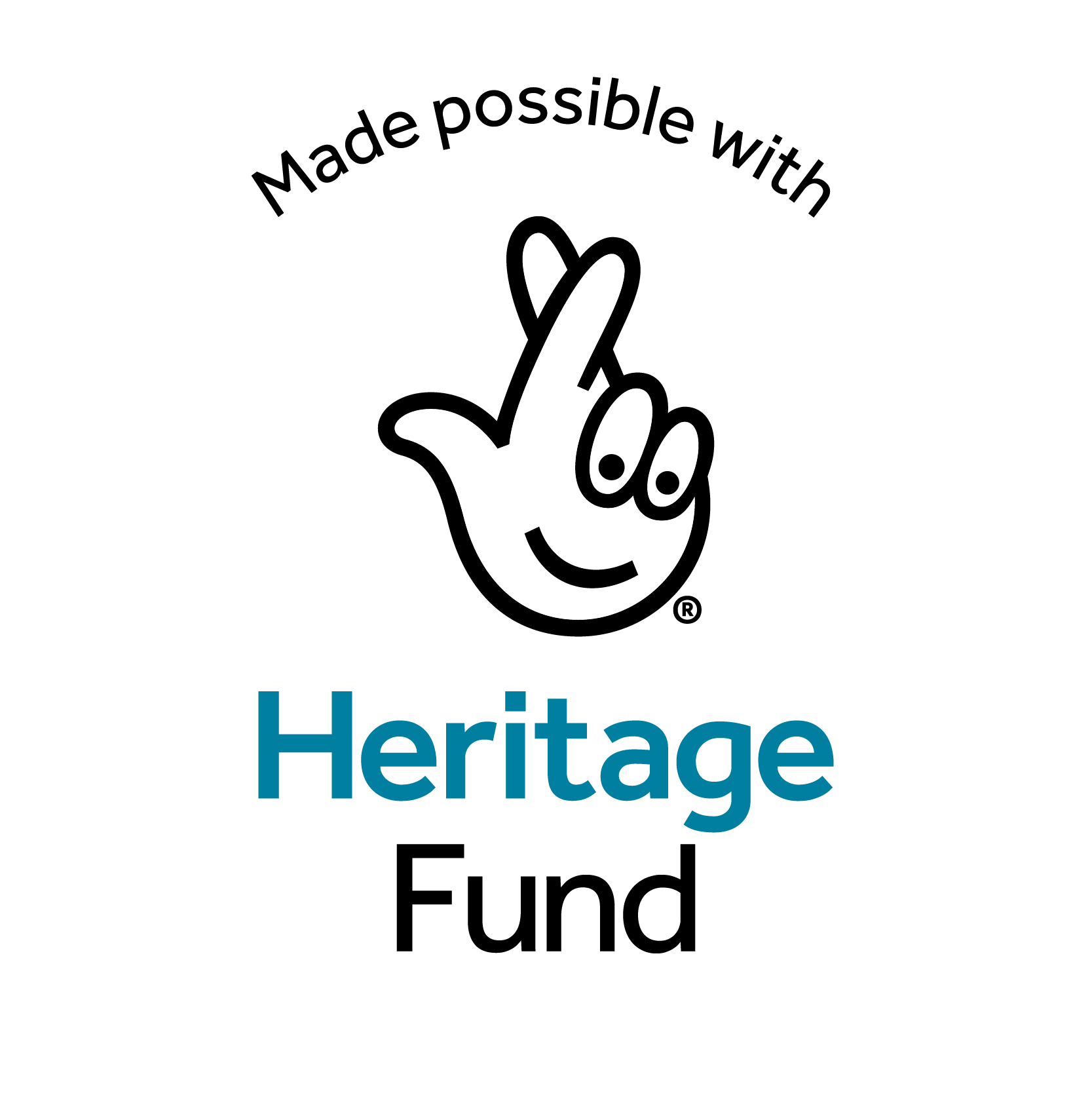Stolen History - The Search for Luton's Medieval Past




MEDIEVAL MISSION TO RECLAIM LUTON’S STOLEN HISTORY
Stolen History in Luton promises to research and reclaim Luton’s medieval history thanks to funding from The National Lottery Heritage Fund. The project offers paid opportunities to become time detectives and help explore and celebrate the town’s forgotten past.
Our nation's story is often written and re-written by the great academic centres. Luton, and towns like Luton, have witnessed it for thousands of years, yet they seem to have their part of this history taken from them. As children, we might play knights and princesses but, as we get older, it often feels we are being told it’s not our history or our story. But it is our history! History isn’t something to preserve for others but something that belongs to us and needs to be reclaimed. History Knights' new project ‘Stolen History’ invites the residents of Luton to become involved in attempting to rediscover, share and celebrate this forgotten period of the town’s story. Luton is one of The National Lottery Heritage Fund's Areas of Focus and their funding is empowering us to reclaim our medieval past.
A core part of the new research project is to train a team of ‘Knowledge Knights’, who become paid members of the research and events team. They will receive training in a wide range of skills. The project is actively seeking people from backgrounds underrepresented in the heritage sectors and invites anyone who lives in Luton or the surrounding areas to consider applying to join the project. The 16 month project is delivered by History Knights Initiative CIC, funded by The National Lottery Heritage Fund. The pioneering training programme hopes to establish a model of how the heritage sector can remove the barriers to participation. The funders hope the innovative project may have national significance and provide insight on how to widen access to employment in the sector and diversify the voices that explore and explain British history.
Whether someone has recently moved to the area, or their family has lived here for generations, we all have the right to explore and tell the stories of what has gone before. By having people from diverse backgrounds interrogating and taking ownership of our nation’s story, we can gain fresh perspectives that give us a far greater understanding. Thanks to National Lottery players and the Heritage Fund, Lutonions will be able to reclaim and celebrate this thrilling period of English history.
England, its wealth, its democracy and the path that set out on in becoming one of the most powerful islands on earth, were forged in the riots and rebellions of the medieval world. The inhabitants of Luton bore witness to it all. Two out of the four great medieval roads skirted past this place. In the anarchy of the 11th century, the most powerful Earl in the kingdom, Gloucester, built St Mary’s Church, which still stands today. Notorious mercenaries built the first castle in Luton in a bid to take control of the town from him. Why did they choose Luton? England’s greatest knight, the saviour of four kings, William Marshall, became Lord of this manor. The subsequent owners of the manor would include Eleanor Plantagenet, the king’s daughter and wife of England's first true revolutionary, Simon De Montfort.
Some of the most powerful figures in the Plantagenet world sought to control and define Luton’s story. Why did the leading chronicler of his age describe Luton’s castle as presenting a ‘grave danger’? As great academic centres have written and rewritten our history, why has the story of this part of the kingdom been removed? How can we reawaken and amplify the echoes of a people who have borne witness to a nation being forged? What secrets were lost in The Great Fire of 1336 that left 500 medieval houses in ruins?
Edward III was renowned as one of medieval Europe's most important kings. In 1348, his incredible victories in France were overtaken by the desolation of the Black Death. A third of England’s population died, yet Edward chose to take a personal interest in Luton’s story. The whole nation was in despair, but it was Luton that his wife, Queen Philippa, sent a personal gift to in order to bring hope and to inspire its people. The magnificent stone baptistery she gave remains today, as stunning and rare as when it was first created. When the Plantagenet world crashed to a violent end in the War of The Roses, one Luton resident, John Wenlock, was to play a crucial role. His image enshrined in the stain glass of St Mary’s captures the silent contemplation of a skilled diplomat and military commander who died in one of the great battles of the war.
Luton’s medieval past is a voice of national significance as it's the voice of the ordinary residents who bore witness to it all. This project offers participants with the challenge to become time detectives and seek the part of our story that has been taken from us.
In addition to exploring the history, participants will also learn about the technologies and science involved in protecting heritage sites, how to deliver and fund events and about a range of heritage wellbeing and community projects. The project is believed to be one of the first comprehensive studies of Luton’s medieval past.
- A 16 month project researching, interpreting and celebrating Luton’s Medieval Past.
- Training programme - Knowledge Knights will assist with the research and creation of outreach activities.
- Wide range of activities and events that the public and community groups can become involved in.
The project has four clear aims
- To research Luton’s Medieval Past.
- To train four individuals from underrepresented groups in the heritage sector to develop skills and overcome the barriers to becoming heritage practitioners.
- To have piloted events and activities that ensure the historic research engages with the wider community.
- To leave a legacy of material that explains and celebrates Luton’s medieval history in an engaging and accessible manner.
About The National Lottery Heritage Fund
Using money raised by the National Lottery, we Inspire, lead and resource the UK’s heritage to create positive and lasting change for people and communities, now and in the future. www.heritagefund.org.uk.
Follow @HeritageFundUK on Twitter, Facebook and Instagram and use #NationalLotteryHeritageFund
Since The National Lottery began in 1994, National Lottery players have raised over £43 billion for projects and more than 635,000 grants have been awarded across the UK. More than £30 million raised each week goes to good causes across the UK.
email info@historyknights.com
© Copyright HistoryKnights